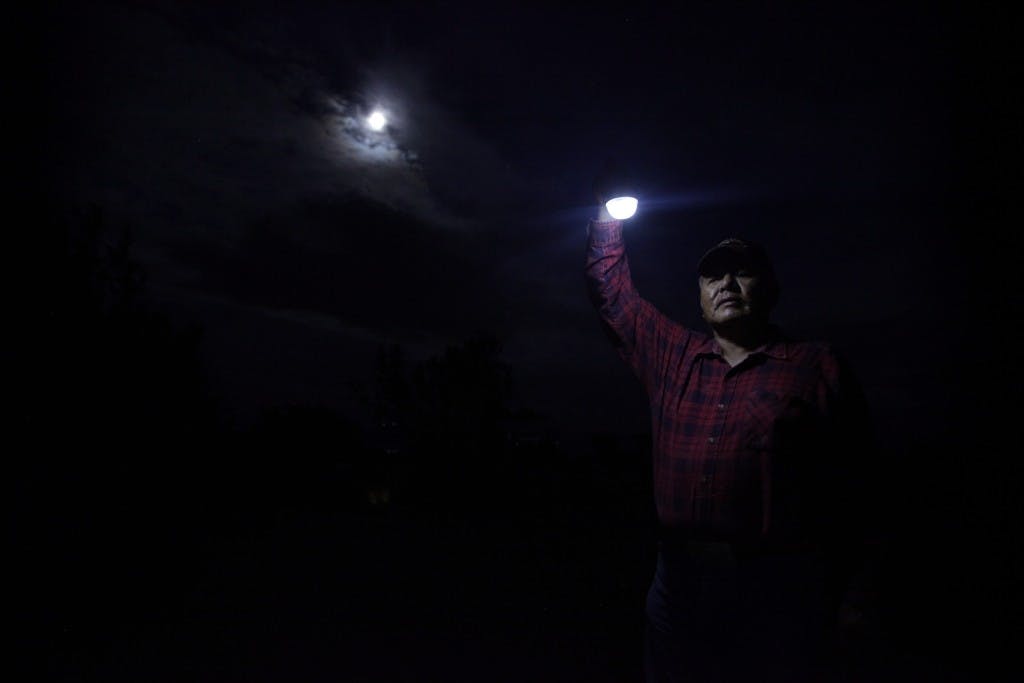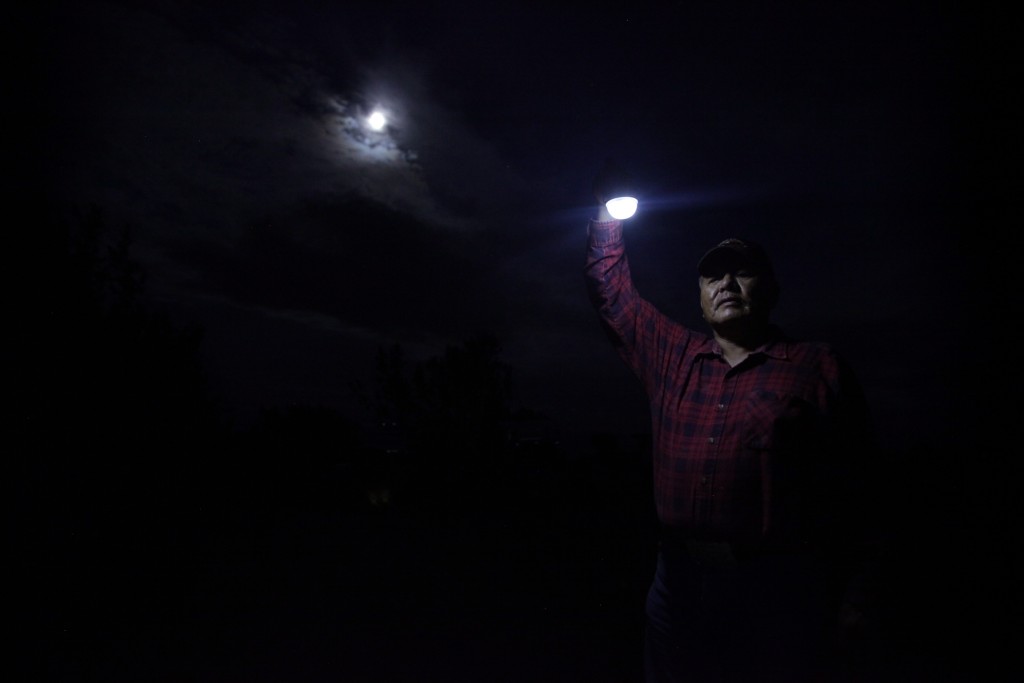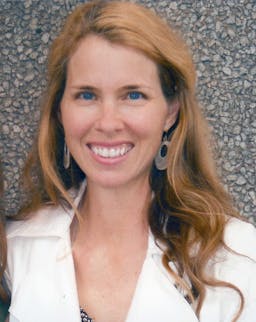Solar-powered LIghts in the Navajo Nation
Jan 21, 2015
Story


Just back from starting a clean energy project in the Navajo Nation in New Mexico!
UN Secretary-General Ban Ki-moon called for the world to meet a goal of "universal access to clean, affordable energy by 2030." In response, the UN is launching the Global Campaign for Universal Energy Access and has designated 2012 as the "International Year of Sustainable Energy for All." What is shocking is that within the USA, very near where I live in beautiful Boulder, Colorado, over 18,000 families in the Navajo Nation are without access to electricity and are mostly using dirty burning and dangerous kerosene lanterns for illumination at night. It is for this reason that I and folks at Eagle Energy (a branch of Elephant Energy) are proposing this project to address the energy needs of these rural Navajo families with clean renewable energy solutions. Based on preliminary studies it was decided to begin by introducing solar-powered lights.
We will work towards our goal of providing clean energy access for rural Navajo families in three ways through this project. First we will begin the process of identifying and addressing legal issues around the distribution of solar-powered lights through self-funded channels with partners in the community and with tribal governance. This will be done by CU Law School student volunteers, EE executive director, Doug Vilsack; and with guidance from Professor Sarah Krakoff of the Law School. Second, we will initiate work with schools in the Navajo Nation to engage students in using theatre as a tool to increase education and awareness of appropriate sustainable energy technologies (ASETs), with emphasis on solar-powered lights. This will be led by myself, Professor Beth Osnes of the Theatre Department, with CU student who are members of the CU student group, Performers Without Borders (PWB). In collaboration with Navajo teachers at partnering schools, I and the PWB students will be facilitating the theatre techniques for generating and creating shadow puppet performances (lit by solar-powered lights), but the Navajo students themselves will be generating the stories and content to increase the cultural
appropriateness of the performances. Third, we will begin exploring the creation of a Women's Energy Project (modeled after what Elephant Energy does in Namibia) by having me offer the Vocal Empowerment Workshop and using interactive theatre to assess local Navajo women's interest and need for such an initiative. The goals of the Women's Energy project are to specifically inspire rural Navajo women to be leaders in sustainable development though the use and marketing of ASETs and to build women's skills and capacity to be energy ambassadors in their communities.
After being in the community for a week, it seems the best way to proceed will be to try and organize women through the schools their children attend and through the Chapter Houses. Due to the way the land parcels are distributed, people generally live very far from each other so community building is a challenge. The government requires that a person live on or use the land they are allotted in order to keep the deed, so is tends to keep everyone very spread out. Another problem is the huge amount of uranium mining that has occurred in the area we were and the environmental poising of the land and water that has resulted. Ironically, our Navajo host, Melton Martinez (in photo holding a solor-powered Nokero light up agains the night sky), told us it was his great-grandfather who discovered uranium in this area years ago. Now he is one of the most active members of his community fighting the continued mining through a Navajo run organization, Dine CARE. Melton and his wife Teresa are very active in supporting clean energy development as an alternative to other more polluting forms of energy. In the Vocal Empowerment Workshop I led at the Thoreau Chapter House, one woman stated how clean energy was much more harmonious with their Navajo spiritual view and relationship with Mother Earth. I'll keep you all posted as we continue with this project. Warmly, Beth




